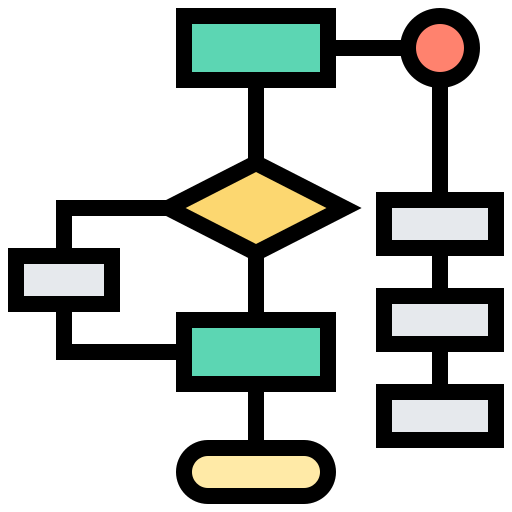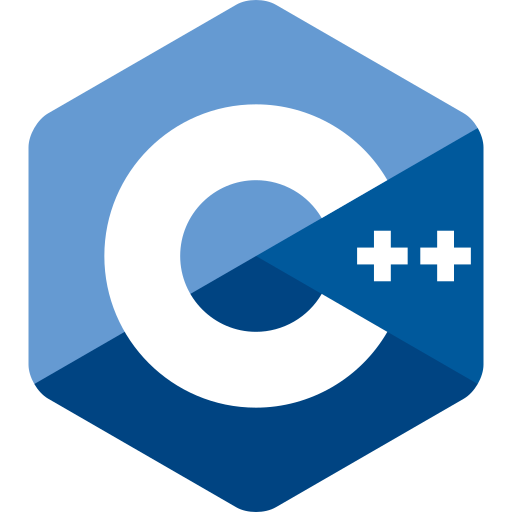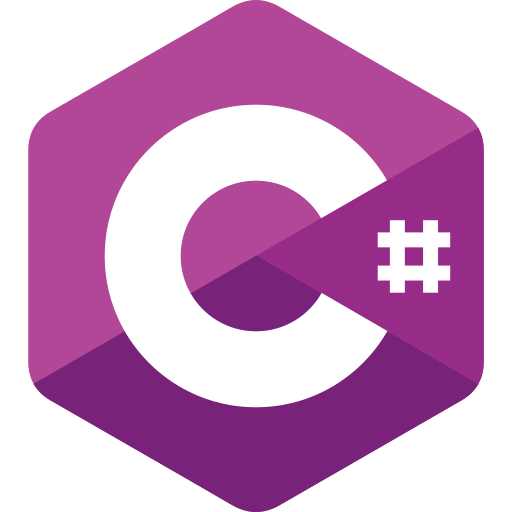HTTP 418: I'm a teapot
The server identifies as a teapot now and is on a tea break, brb
HTTP 418: I'm a teapot
The server identifies as a teapot now and is on a tea break, brb
Golang Memes
Go (Golang): where simplicity is enforced with an iron fist and error handling is a way of life. These memes celebrate the language designed at Google to make programmers productive while simultaneously removing most of their creative expression. If you've ever written "if err != nil" more times than you can count, explained to colleagues why channels aren't just fancy queues, or felt the special joy of a binary that actually runs anywhere without dependencies, you'll find your gopher family here. From the absence of generics (until recently) to the presence of goroutines that make concurrency almost approachable, this collection captures the beautiful pragmatism of a language that prioritizes readability over cleverness.

 AI
AI
 AWS
AWS
 Agile
Agile
 Algorithms
Algorithms
 Android
Android
 Apple
Apple
 Bash
Bash
 C++
C++
 Csharp
Csharp















